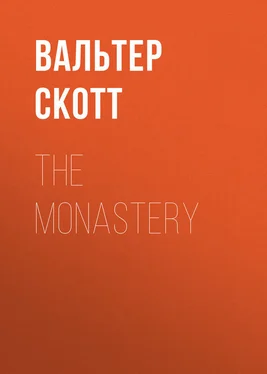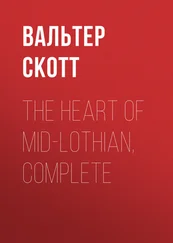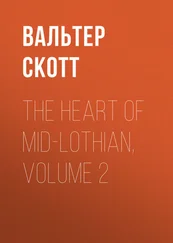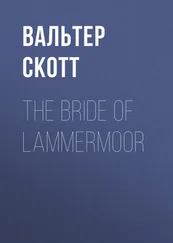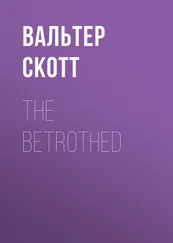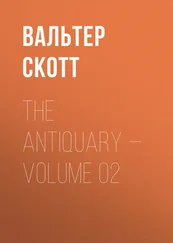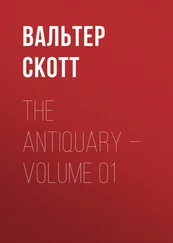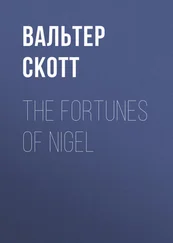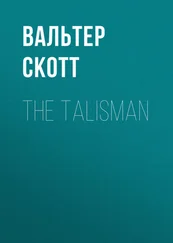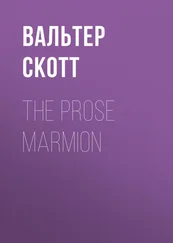“Brother Philip,” said the Abbot, “we exhort thee to say thy prayers, compose thyself, and banish that foolish chant from thy mind; – it is but a deception of the devil’s.”
“I will essay, reverend Father,” said the Sacristan, “but the tune hangs by my memory like a bur in a beggar’s rags; it mingles with the psalter – the very bells of the convent seem to repeat the words, and jingle to the tune; and were you to put me to death at this very moment, it is my belief I should die singing it – ‘Now swim we merrily’ – it is as it were a spell upon me.”
He then again began to warble
“Good luck to your fishing.”
And checking himself in the strain with difficulty, he exclaimed, “It is too certain – I am but a lost priest! Swim we merrily – I shall sing it at the very mass – Wo is me! I shall sing all the remainder of my life, and yet never be able to change the tune!”
The honest Abbot replied, “he knew many a good fellow in the same condition;” and concluded the remark with “ho! ho! ho!” for his reverence, as the reader may partly have observed, was one of those dull folks who love a quiet joke.
The Sacristan, well acquainted with his Superior’s humour, endeavoured to join in the laugh, but his unfortunate canticle came again across his imagination, and interrupted the hilarity of his customary echo.
“By the rood, Brother Philip,” said the Abbot, much moved, “you become altogether intolerable! and I am convinced that such a spell could not subsist over a person of religion, and in a religious house, unless he were under mortal sin. Wherefore, say the seven penitentiary psalms – make diligent use of thy scourge and hair-cloth – refrain for three days from all food, save bread and water – I myself will shrive thee, and we will see if this singing devil may be driven out of thee; at least I think Father Eustace himself could devise no better exorcism.”
The Sacristan sighed deeply, but knew remonstrance was vain. He retired therefore to his cell, to try how far psalmody might be able to drive off the sounds of the syren tune which haunted his memory.
Meanwhile, Father Eustace proceeded to the drawbridge, in his way to the lonely valley of Glendearg. In a brief conversation with the churlish warder, he had the address to render him more tractable in the controversy betwixt him and the convent. He reminded him that his father had been a vassal under the community; that his brother was childless; and that their possession would revert to the church on his death, and might be either granted to himself the warder, or to some greater favourite of the Abbot, as matters chanced to stand betwixt them at the time. The Sub-Prior suggested to him also, the necessary connexion of interests betwixt the Monastery and the office which this man enjoyed. He listened with temper to his rude and churlish answers; and by keeping his own interest firm pitched in his view, he had the satisfaction to find that Peter gradually softened his tone, and consented to let every pilgrim who travelled upon foot pass free of exaction until Pentocost next; they who travelled on horseback or otherwise, contenting to pay the ordinary custom. Having thus accommodated a matter in which the weal of the convent was so deeply interested, Father Eustace proceeded on his journey.
Конец ознакомительного фрагмента.
Текст предоставлен ООО «ЛитРес».
Прочитайте эту книгу целиком, купив полную легальную версию на ЛитРес.
Безопасно оплатить книгу можно банковской картой Visa, MasterCard, Maestro, со счета мобильного телефона, с платежного терминала, в салоне МТС или Связной, через PayPal, WebMoney, Яндекс.Деньги, QIWI Кошелек, бонусными картами или другим удобным Вам способом.
